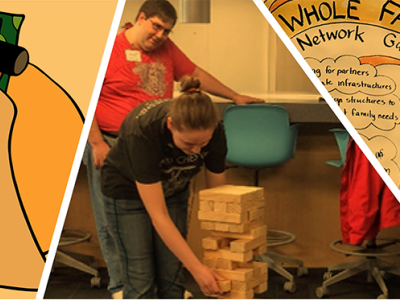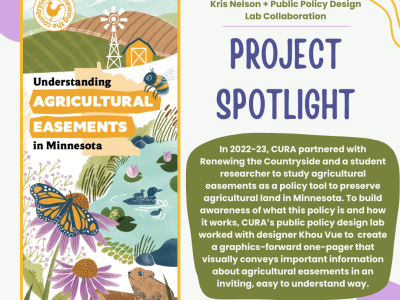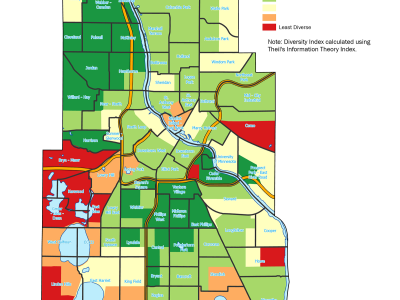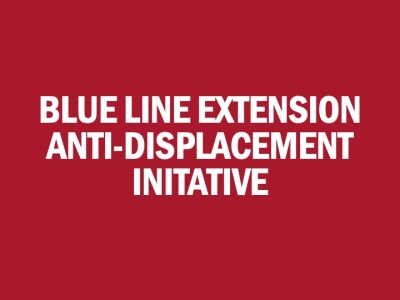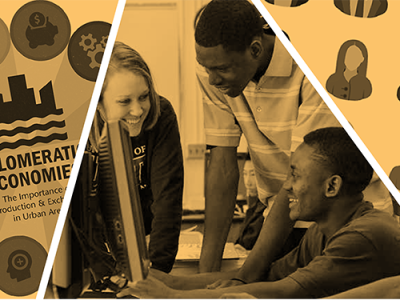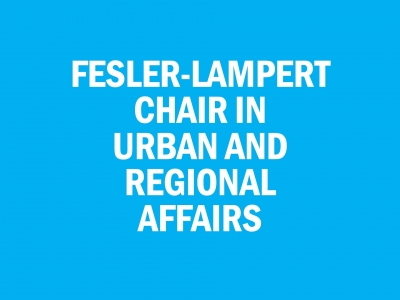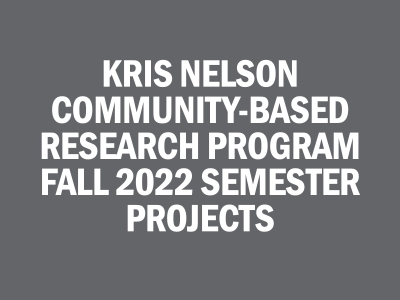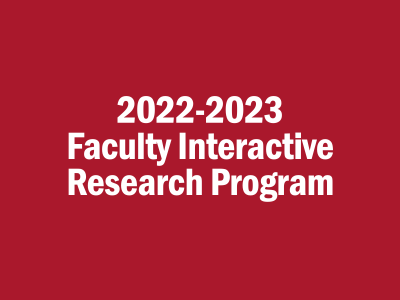Researchers: David Beard (Professor of Rhetoric, Department of English, Linguistics, and Writing Studies, University of Minnesota Duluth); Kim Dauner (Associate Professor of Healthcare Management, Department of Economics and Healthcare Management, University of Minnesota Duluth); Julie Slowiak (Associate Professor of Industrial and Organizational Psychology, Department of Psychology, University of Minnesota Duluth); and Kathryn Van Wert (Assistant Professor of English, Department of English, Linguistics, and Writing Studies, University of Minnesota Duluth)
An interdisciplinary team works with critical access hospitals in Ely, Grand Marais, Bigfork Valley, and on…
Researcher: Lynette Renner (School of Social Work)
Intimate partner violence (IPV) includes physical, sexual, emotional, and economic abuse by an intimate partner. It affects more than one-third of all women can have harmful consequences on the health, well-being, and safety of individuals, families, and communities. Most courts in the U.S. mandate participation in batterers’ intervention programs (BIPs) as part of domestic violence/IPV convictions, yet most BIPs are never evaluated. The purpose of this community-engaged project is to evaluate the BIPs run through Domestic Abuse Project (DAP), a Minneapolis-based non-profit agency whose mission is to build…
Researcher: Bonnie Keeler (Humphrey School of Public Affairs)
Tribal communities face unique threats from environmental contaminants due to high reliance on subsistence foods and cultural uses. Tribes seeking to protect their lands and waters from contamination can seek federal authority to establish and enforce water quality standards. However, the process of asserting tribal authority to regulate surface waters is expensive, time consuming, and requires careful legal and political calculations. The proposed project will work in collaboration with three Minnesota tribes to document past successes and challenges in asserting authority to regulate and protect…
Renewing the Countryside is a nonprofit organization that strengthens rural areas by championing and supporting rural communities, farmers, artists, entrepreneurs, educators, activists and other people who are renewing the countryside through sustainable and innovative initiatives, businesses, and projects.
In 2022-23, CURA partnered with Renewing the Countryside and a student researcher to study agricultural easements as a policy tool to preserve agricultural land in Minnesota. Agricultural easements protect the long-term viability of the nation’s food supply by preventing conversion of productive working lands…
Hennepin County contracted with CURA to convene an Anti-Displacement Work Group that centered community voices and brought together diverse stakeholders to study and recommend anti-displacement strategies to help ensure the value of light rail will benefit current corridor residents, and minimize physical, cultural, and economic displacement.
After meeting for more than a year, the work group published their recommendations in May 2023 for public review.
Read the recommendations report
Researchers: Madelaine Cahuas (College of Liberal Arts, Department of Geography, Environment and Society) and Jessica Lopez Lyman (College of Liberal Arts, Department of Chicano and Latino Studies)
This study analyzes Latina/o/x displacement and access to affordable housing for families whose children attend two charter schools—Academia Cesar Chavez (Eastside St. Paul) and El Colegio High School (South Minneapolis). Since these schools’ mission and vision are dependent on centering Latina/o/x identity and culture, the potential gentrification of these neighborhoods could lead to decreased enrollments and severe consequences for the schools such as having to…
Researchers: Dr. Ed Brands (Associate Professor of Environmental Studies, Division of the Social Sciences, University of Minnesota Morris) and Dr. Cristina Ortiz (Associate Professor of Anthropology, Division of the Social Sciences, University of Minnesota Morris)
Although the majority of food is produced in sparsely populated rural areas, food insecurity in these same areas is pervasive, likely increasing, and understudied. We propose a five-county regional food systems assessment, coincident with the Horizon Public Health Service area in West-Central Minnesota. This assessment will employ a variety of quantitative (e.g. survey) and qualitative (e.g. participant…
Researcher: Elizabeth Wrigley-Field (College of Liberal Arts, Department of Sociology, Minnesota Population Center, Institute for Social Research and Data Innovation)
2020 marked a major upheaval in how racial stratification and neighborhood socioeconomic deprivation (e.g., neighborhood poverty rates) intersect in structuring mortality risk in Minnesota. Before the Covid-19 pandemic, racial stratification in mortality aligned strongly with neighborhood deprivation. The early pandemic changed that. But what has happened since and what is happening now? Has Minnesota returned to its pre-pandemic patterns of inequity, has it maintained the new patterns it…
Below is a roundup of project descriptions and partner organizations for the Fall 2022 semester Kris Nelson Community-Based Research Program projects. The projects will run from early September to mid-January. If you want to be informed about upcoming deadlines for the Kris Nelson Program, make sure to subscribe to CURA’s newsletter.
Organization: MN8
Currently there is a lack of formalized knowledge about Khmer Americans in Minnesota despite the fact that Hampton, Minnesota is home to the largest Cambodian Buddhist temple in the world outside of Cambodia.
From fall 2021 to spring 2022, we worked with members of Wilder Research’s Pro Bono Research Program to conduct the first-of-its-kind Community Needs Assessment of the Cambodian American community in Minnesota. We co-created a mixed-methods project that included a statewide analysis of available data on Cambodian Americans in Minnesota and up to 20 interviews with Cambodian Americans about…
Organization: Renewing the Countryside
Farmland access is identified as the biggest challenge for emerging farmers—particularly Black and Brown farmers—in developing viable businesses and growing capacity for community resilience. While finding affordable land to lease or purchase is part of the challenge, an additional challenge is understanding the policies, codes and ordinances that regulate what can be done at county, city and township levels. Through our work and that of our partners working on farmland access, we regularly see emerging farmers either…
Organization: Midwest Skateboarding Alliance
All public parks offer benefits of greenspace, recreation, socializing, and safety. Skateparks accomplish this in particular for youth. Modern, state-of-the art skateparks are a tremendous draw for youth and skateboarders of all ages, providing mental, physical and social benefits and a point of pride for the neighborhood. Yet they are too often placed within suburban, predominantly white, high-income areas already privileged with similar amenities. The goal of this project is to address this bias and inherent inequities…
Organization: Twin Cities Community Agricultural Land Trust
Despite the accrual of conservation benefits from long-term urban agriculture and farmers’ commitment to conservation, and the many resources dedicated to conservation in Minnesota, many Minnesota urban growers are pushed into environmentally wasteful practices as a result of insecure land tenure and lack of resources. The bulk of farm production in the Twin Cities region occurs on land rented year to year, while urban agriculture policy is complex and often deems urban food cultivation an interim land use,…
Researcher: Amanda L. Sullivan (Department of Educational Psychology, College of Education and Human Development)
Efficiently, effectively identifying and supporting multiply minoritized P12 students with educational difficulties is increasingly challenging for educational systems nationally, and in Minnesota in particular, given complex issues related to our racial and economic disparities. This project will explore the intersections of two especially vulnerable populations: students who experience housing insecurity and students with disabilities. Research underscores a number of challenges related to the identification of both groups, and these difficulties…
